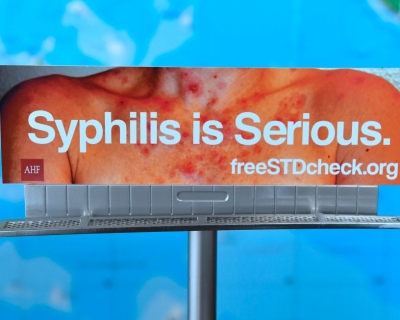Headlines
We are a go-to source for trusted public health expertise.

The Public Health Strategy Behind Baltimore’s Record-Low Infant Mortality Rate
B’more for Healthy Babies helped reduce the city’s infant mortality rate to record lows. Now, CCP looks to replicate that success in more communities.
Bloomberg School





In the News
WBAL TV
Malaria Transmission in the U.S.
Jane Carlton and Conor McMeniman are interviewed.
NPR
Suicides make up majority of gun deaths, but remain overlooked in gun violence debate
Paul Nestadt is quoted.
The Daily Beast
RFK Jr.’s Running Mate Sets New Low for Anti-Vax Misinformation
Amesh Adalja is quoted.
Improving Health, One Minute at a Time
The Bloomberg School's YouTube Shorts series includes videos in English and Spanish focused on raising awareness of public health approaches to common health conditions.
Public Health On Call
An award-winning podcast covering the latest on COVID as well as other urgent public health issues including racism, gun violence, mental health, climate change, and overdose.


